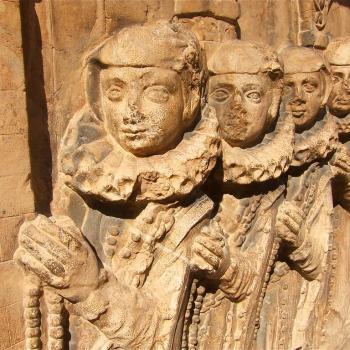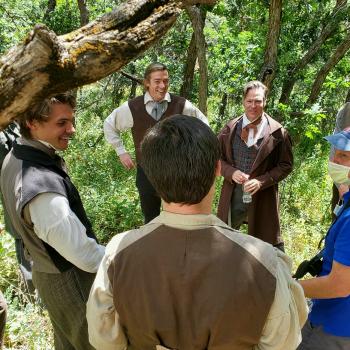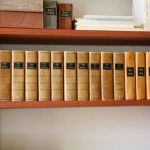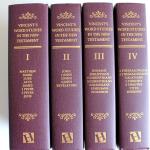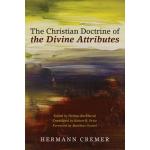
Two new articles went up on the website of the Interpreter Foundation today, although — I’ve been on the road all day — I’m somewhat late in calling your attention to them:
““I Shall Gather In”: The Name Joseph, Iterative Divine Action, and the Latter-day Harvest Ingathering of Israel as Themes in 3 Nephi,” written by Matthew L. Bowen
Abstract: The identity of “the people of Nephi who were spared, and also those who had been called Lamanites, who had been spared” (3 Nephi 10:18) as “a remnant of the seed of Joseph” (3 Nephi 5:23; 10:17; compare Alma 46:23–27; Ether 13:6–10) or “a remnant of the house of Joseph” (3 Nephi 15:12) is key to understanding Jesus’s Isaiah-based teaching at the temple in Bountiful in 3 Nephi. That teaching emphasizes iterative divine action (implied in the name Joseph [yôsēp], compare yôsîp) to restore and gather Israel and Judah. Like Mormon’s prophecies in 3 Nephi 5:23–26 and 26:8, Jesus’s sermon frequently describes the gathering of Israel in language that recalls Isaiah 11:11–12, especially the verbs yôsîp, ʾāsap, and qibbēṣ. The name Joseph is etiologized in terms of the Hebrew verbs ʾāsap (“take away,” “gather in”) and yāsap (“add,” “do again”), and the verbs ʾāsap (“gather in”) and qibbēṣ (“gather together”) are elsewhere used in harvest contexts, suggesting that ancient prophets and the Lord himself conceived of the gathering of Israel as a harvest ingathering.
“Interpreting Interpreter: A Christ-Gathered Remnant of Joseph,” written by Kyler Rasmussen
This post is a summary of the article ““I Shall Gather In”: The Name Joseph, Iterative Divine Action, and the Latter-day Harvest Ingathering of Israel as Themes in 3 Nephi” by Matthew L. Bowen in Volume 62 of Interpreter: A Journal of Latter-day Saint Faith and Scholarship. All of the Interpreting Interpreterarticles may be seen at https://interpreterfoundation.org/category/summaries/. An introduction to the Interpreting Interpreter series is available at https://interpreterfoundation.org/interpreting-interpreter-on-abstracting-thought/.
The Takeaway: Bowen explores potential Joseph-related wordplay in 3 Nephi, focusing on how Mormon and Christ used it to emphasize the iterative, divine gathering of the “remnant of the seed of Joseph,” in reference to and fulfillment of a complex interplay of Old Testament prophecies.

Agnus Dei, qui tollis peccata mundi (“Lamb of God, who taketh away the sins of the world”)
Wikimedia Commons public domain image
As everyone knows, former President Donald J. Trump was nearly assassinated late last week, grazed by a bullet that hit his right ear and bloodied the right side of his face. (One man in the audience was killed, and two others were seriously wounded.) In response to Mr. Trump’s very visible injury, somebody has posted the following online:
In the Bible, the concept of blood on the right ear (Leviticus 8:22-24 and 14:28) serves as a visible mark of consecration, signifying that the person is dedicated to God’s service and has been set apart for a specific purpose. This act represents a physical and spiritual transformation, preparing the individual for their sacred role. Here’s a breakdown of the significance:
* Right ear: The right ear represents hearing and obedience. In ancient times, the right ear was considered the most important ear, as it was the ear that heard the words of God.
* Blood: Blood represents life, sacrifice, and atonement. In this context, the blood is a symbol of purification and consecration. * Consecration: Consecration means to set something or someone apart for a specific purpose, making it holy and dedicated to God. In this case, the blood on the right ear signifies that the person is being set apart for a sacred task or role.
* Priestly consecration: In Leviticus 8, the blood is applied to the right ear of Aaron and his sons, consecrating them as priests. This act sets them apart as mediators between God and the people.
* Purification: In Leviticus 14, the blood is applied to the right ear of the person being cleansed, symbolizing their purification and restoration to the community.
To which my response is No. Please. Please, let’s not do this. Let’s not go there. The American Founders never envisioned the government of the United States as a substitute for the Church, and they would, I’m confident, be horrified at any thought of the “chief magistrate” of the Executive Branch being venerated as a priest or messiah or prophet, a mediator of the divine. Politics, while highly important, should be kept in a subordinate place. Patriotism should remain safely distant from idolatry, and there should be no personality cults in American political life. The Führerprinzip has no legitimate role in our constitutional government.
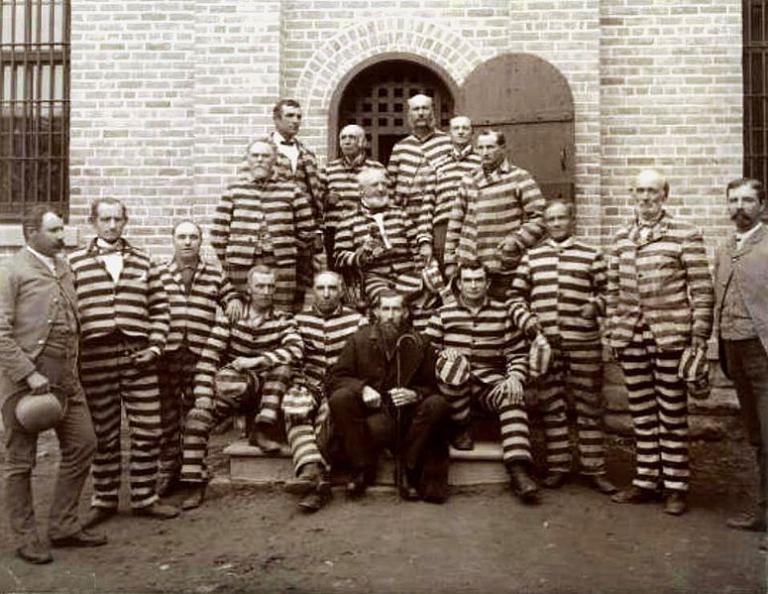
An interesting article from BBC Science Focus: “You’re significantly more likely to die on your birthday. Here’s why: This might change your birthday wish.”
Some of my harshest critics will be overjoyed to learn that I myself have a birthday coming up within the next twelve months. They can always hope!
Posted from Newport Beach, California







